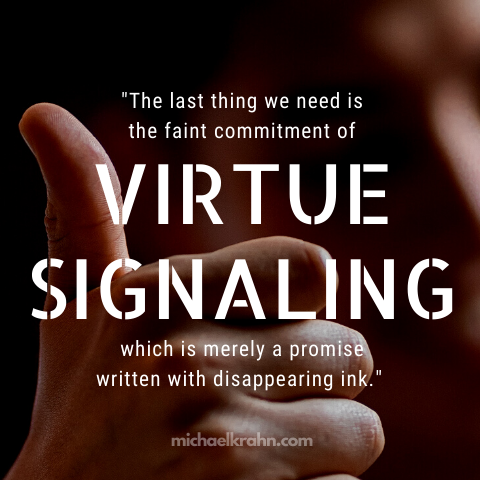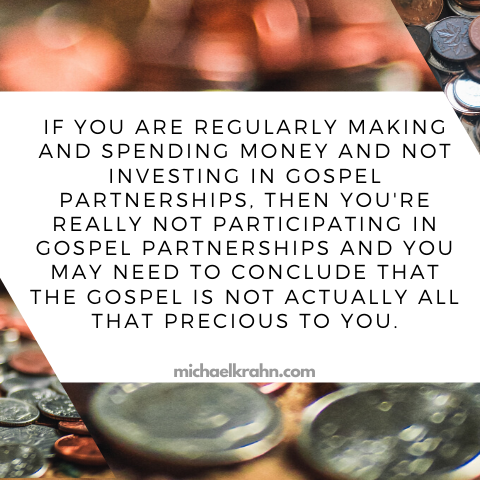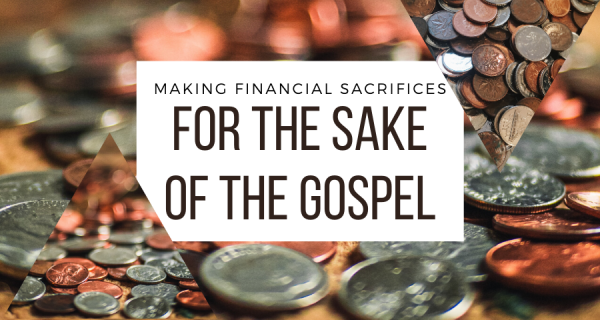Pride is putting yourself instead of God at the centre of the universe. Taking a selfie is putting yourself at the centre of the frame, of the picture, of the story. And if you do this often enough you’ll find that you cannot love God and others when all your attention is spent on yourself. That is what pride is: loving yourself with all your love and having no love left for anyone else.
In the mid-1960s Canadian intellectual and media theorist Marshall McLuhan wrote a book called “Understanding Media: The Extensions of Man” where he explained that every tool and form of media was an extension or enhancement of a natural human ability. A microphone and speaker, for example, amplifies and extends the human voice. By way of these tools, a person can speak to and be heard by many more people than without. A fork is the extension of the human hand. With a fork you can pierce food and pick it up in a way you can’t with just your fingers.
The camera came along, and it served as an extension of the eye. People began taking pictures of what they saw. Lenses were developed through which people could see much farther than they could with the naked eye. The reach of the human eye was extended by these developments in technology.
Turning It Back on Ourselves
But think about what has happened with this particular technology over the last 10-15 years. We have camera lenses embedded in our phones. Lenses – plural – because unless you have a very old phone you have at least one camera pointed at your face.
All of these new technologies have extended our reach. With camera technology, we’ve extended the reach of the eye, but we’ve used that extension to turn the camera back around at ourselves. Tools and technology generally allow us to reach out from ourselves to beyond ourselves, but we’ve leveraged camera technology to make it easier for us to look at ourselves. And so on some phones the camera isn’t used to capture images of the world, but images of self – selfies.
The Origins of Selfie-ism
Are you aware of the origin of the term “selfie”? Here it is, and I quote: “On 13 September 2002, the first known use of the word selfie in any paper or electronic medium appeared in an Australian internet forum… in a [picture] post by Nathan Hope… he wrote the following: ‘Um, drunk at a mates 21st, I tripped ofer [sic] and landed lip first (with front teeth coming a very close second) on a set of steps. I had a hole about 1cm long right through my bottom lip. And sorry about the focus, it was a selfie.’” A fitting start to the selfie phenomenon – a drunk guy showing the world how he injured himself.

And 18 years later, here we are. Today, if you search for the hashtag “selfie” on instagram you will be presented with over 412,000,000 posts. Apparently we really want to look at ourselves. It’s not enough to look in the mirror; we want to capture the mirror image and then look at it AND send it to other people all over the world. Taking pictures of ourselves, admiring pictures of ourselves, inviting others to admire pictures of us.
The Selfie in Itself is Not the Problem
Now, I love cameras; I love taking pictures. I saved up all of last year to buy myself a good camera so I could take better pictures. There’s nothing wrong with taking pictures, and obviously there is no commandment against taking a picture of yourself, but what if selfies are almost the only kind of picture you take? What does that mean? Take a look at your instagram account. Is it filled with pictures of yourself? Do you think that might be an indication of a problem, of self-centredness, of narcissism?
This kind of narcissistic self-obsession is a problem for those who call themselves followers of Jesus. Of course there are many other ways to be narcissistically self-obsessed, but selfies seem to capture this phenomenon perfectly. Jesus taught us to love God and love others. Paul speaks of thinking of others more highly than yourself.
Pride is putting yourself rather than God at the centre of the universe. What else is a selfie than putting yourself at the centre of the frame, of the picture, of the story? And if you do this often enough you’ll find that you cannot love God and others when all your attention is spent on yourself. That is what pride is, loving yourself with all your love and having no love left for anyone else.
Have your say:












